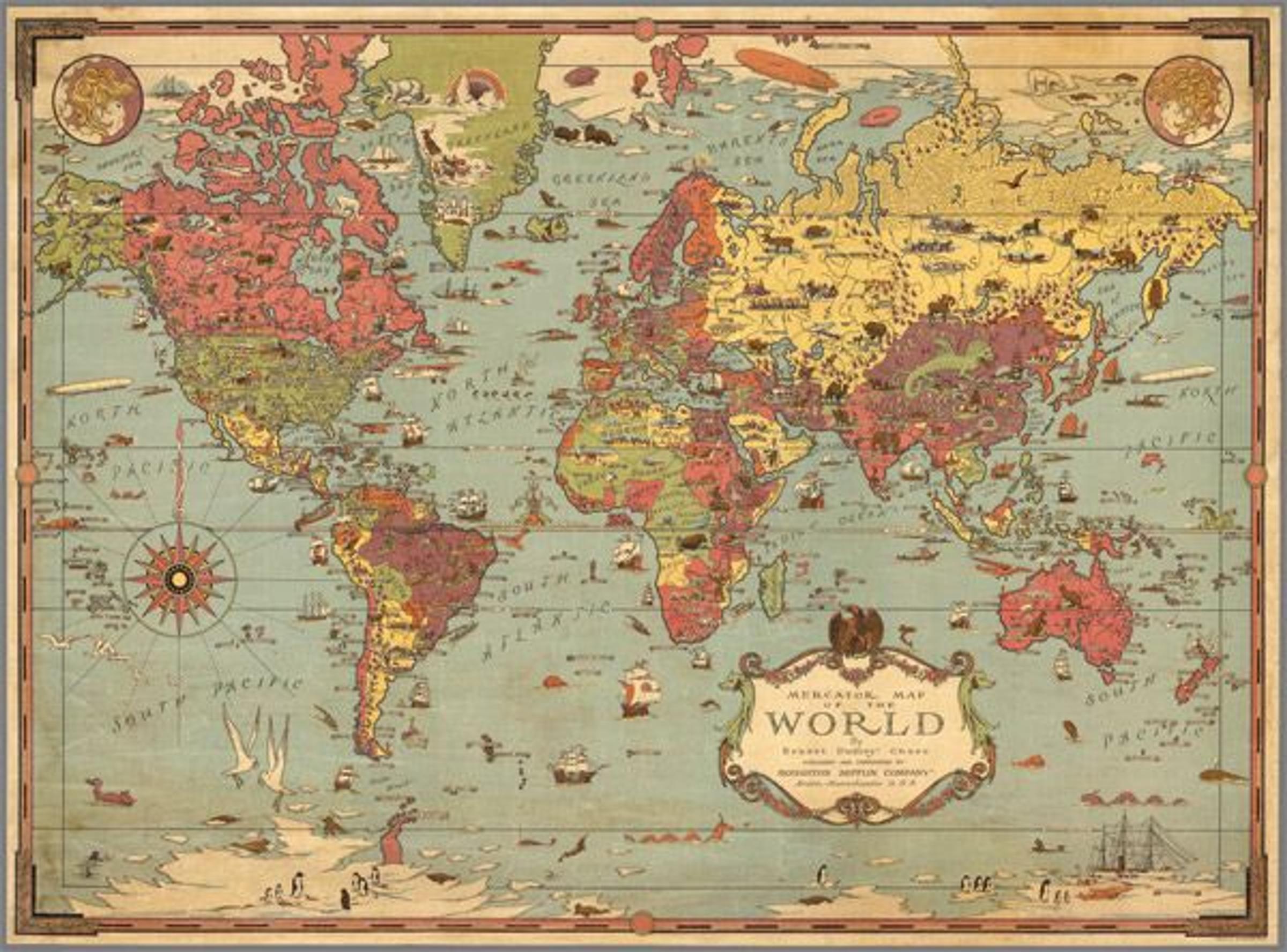Global Politics

VCE Politics is the study of contemporary power, conflict and cooperation in a world that is characterised by unpredictability and constant change. In this study students investigate contemporary issues of conflict, political stability and/or change within Australia, the Indo-Pacific region and globally. They consider how national and global political actors respond to issues and crises such as national political reform, climate change, violent conflicts, human rights, sustainability and development, inequality and global economic instability. Students analyse the sources and forms of power available to these political actors and the consequences of their use. Students consider how political actors pursue their interests and the political significance of their actions in responding to national and global issues and crises. Throughout this study, students examine Australia’s place in the region and globally.
Unit 1: Politics, power and political actors
In this unit, students learn that politics is about how political actors use power to resolve issues and conflicts over how society should operate. Each area of study focuses on concepts that form essential disciplinary knowledge, and which allow students to gradually build on their understanding of what it is to think politically.
Area of Study 1 - Power and national political actors
In this area of study, students are introduced to the central concepts of power and legitimacy. Power comes in different forms and arises from different sources, such as legal authority, or military, economic, diplomatic, cultural and technological capacities. This capacity can be thought of as ‘power to…’ do something. Political actors can also use power in more coercive, even illegitimate, ways that can be thought of as ‘power over…’ other political actors or ordinary people.
Area of Study 2 - Power and global political actors
In this area of study, students focus on the political actors who can move beyond and across national and regional boundaries to pursue their interests globally. This has been facilitated by the increasing interconnectedness of the world. These ‘global’ actors are predominantly states and their leaders, institutions of global governance or of regional cooperation, non-government organisations, transnational corporations of all kinds and some high-profile individuals.
For the purposes of this study, global actors are defined as states, regional groupings, institutions of global governance and non-state actors. States include actors who have defined territory, permanent populations and widely recognised sovereignty. States can be organised into formal regional groupings such as the European Union, ASEAN or the Pacific Islands Forum. Institutions of global governance have global scope and states as members; they facilitate cooperation and manage relations between states, develop and enforce global rules and law, and play a part in dispute resolution. Non-state actors include any other actors on the global stage, including nations, transnational corporations, individuals, non-government organisations and illegal groups.
Unit 2: Democracy: stability and change
In this unit, students investigate the key principles of democracy and assess the degree to which these principles are expressed, experienced and challenged, in Australia and internationally. They consider democratic principles in the Australian context and complete an in-depth study of a political issue or crisis that inherently challenges basic democratic ideas or practice. Students also investigate the degree to which global political actors and trends can challenge, inhibit or undermine democracy, and evaluate the political significance of these challenges. Each area of study focuses on concepts that form essential disciplinary knowledge, and which allow students to gradually build on their understanding of what it is to think politically.
Area of Study 1 - Issues for Australia’s democracy
In this area of study, students analyse the operation of Australian democracy, democratic institutions and processes, and assess the political significance of challenges to democratic principles. Students investigate at least one of the issues detailed below and consider its relationship to the success of Australian democracy, the tensions and conflict between forces working for political stability and those working for change, and how the democratic rights of citizens may challenge established policies, practices and norms. This investigation requires students to broaden their knowledge of the key Australian democratic institutions and processes that operate in Australia and the ability of Australian citizens to participate meaningfully in the political system. Students engage with political thinking through an investigation into at least one of the listed options to evaluate the strength of Australian democracy and consider if reforms to Australia’s political system are appropriate or required.
Area of Study 2 - Global challenges to democracy
In this area of study, students analyse global challenges to the principles of democracy and assess threats to their effectiveness, legitimacy, spread and impact. Students explore at least one global issue or crisis that challenges the importance of democratic principles and consider the causes and consequences of this issue or crisis. Through their investigation, students discover the significant impact states and other global actors may have on the legitimacy and spread of democratic principles, such as free and fair elections, accountability and transparency in political processes, rule of law, human rights, equality and the separation of powers. They analyse the degree to which the interests of global actors can significantly undermine or promote these principles, especially in situations of crisis where political, economic or security needs may be prioritised over human rights or the rule of law.
Unit 3: Global cooperation and conflict
In this unit, students investigate an issue and a crisis that pose challenges to the global community. Students begin with an investigation into an issue of global scale, such as climate change, global economic instability, the issue of development or weapons of mass destruction. Students also examine the causes and consequences of a humanitarian crisis that may have begun in one state but which has crossed over into neighbouring states and requires an emergency response. This crisis must be chosen from the areas of human rights, armed conflict and the mass movement of people. They consider the causes of these issues and crises, and investigate their consequences on a global level and for a variety of global actors.
Area of Study 1 - Global issues, global responses
In this area of study, students examine the causes, consequences and significance of a global issue that by its very nature transcends national and regional boundaries. Students consider the range of factors that may cause conflict, such as social, political, economic, environmental, ideological, cultural and/or technological factors. Global actors may involve themselves in a cooperative effort with other actors to attempt a resolution of the issue or they may pursue their own objectives in a way that brings them into conflict with other global actors.
One of the following global issues must be studied in depth:
- Climate change
- Global economic instability
- Development
- Weapons of mass destruction
Area of Study 2 - Contemporary crises: conflict, stability and change
In this area of study, students examine a contemporary humanitarian crisis from the area of human rights, armed conflict or the mass movement of people. These are events or series of events that threaten the safety and wellbeing of communities or large numbers of people. Although these crises typically originate from within state borders, they often have significant consequences for other states and their populations. In extreme cases, the world is faced with the necessity of responding, and global and regional actors must therefore find ways to cooperate in the search for solutions.
One of the following crises must be studied in depth:
- Human rights crises
- Armed conflict
- Mass movement of people
Unit 4: Power in the Indo-Pacific
In this unit, students investigate an issue and a crisis that pose challenges to the global community. Students begin with an investigation into an issue of global scale, such as climate change, global economic instability, the issue of development or weapons of mass destruction. Students also examine the causes and consequences of a humanitarian crisis that may have begun in one state but which has crossed over into neighbouring states and requires an emergency response. This crisis must be chosen from the areas of human rights, armed conflict and the mass movement of people. They consider the causes of these issues and crises, and investigate their consequences on a global level and for a variety of global actors.
Area of Study 1 - Power and the national interest
In this area of study, students explore power and politics in the Indo-Pacific. Through a detailed study of ONE state in the Indo-Pacific region (China, Japan, India, Indonesia or the United States of America), students analyse its sources of power, its national interests and the actions undertaken to achieve those interests.
One of the following states of the Indo-Pacific must be studied in depth:
- People’s Republic of China
- Japan
- Republic of India
- Republic of Indonesia
- The United States of America
Area of Study 2 - Australia in the Indo-Pacific
In this area of study, students assess the impact of Australia’s policies, actions and inactions in the region of the Indo-Pacific. They investigate contemporary Australian perspectives of the national interest in terms of security, economic prosperity and regional stability, and examine different perspectives on these interests, within Australia and outside Australia’s borders. Students analyse Australia’s foreign policy responses to regional issues and crises by investigating Australia’s relations with three states, one from the Pacific Islands Forum and two other states from the wider Indo-Pacific region.
Students evaluate the degree to which Australia cooperates with three states in the region. They also evaluate the effectiveness of Australia’s responses to issues of concern to the selected states, such as human rights, armed conflict, a mass movement of people, climate change, global economic instability, development issues, or weapons of mass destruction.
